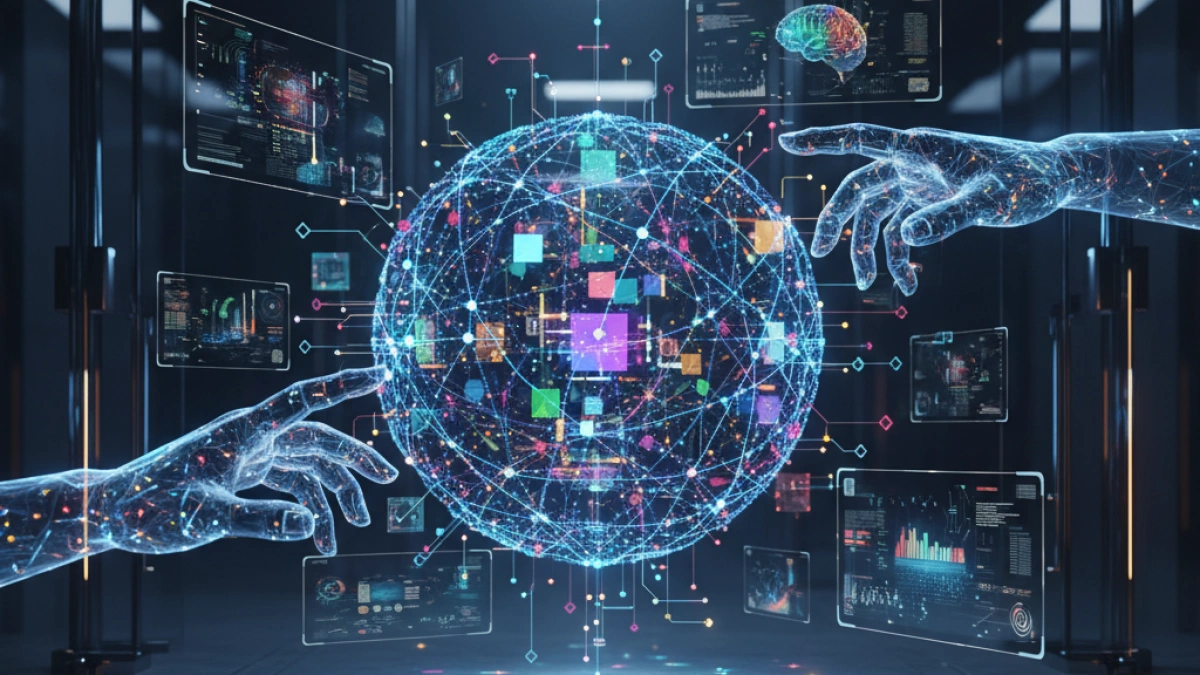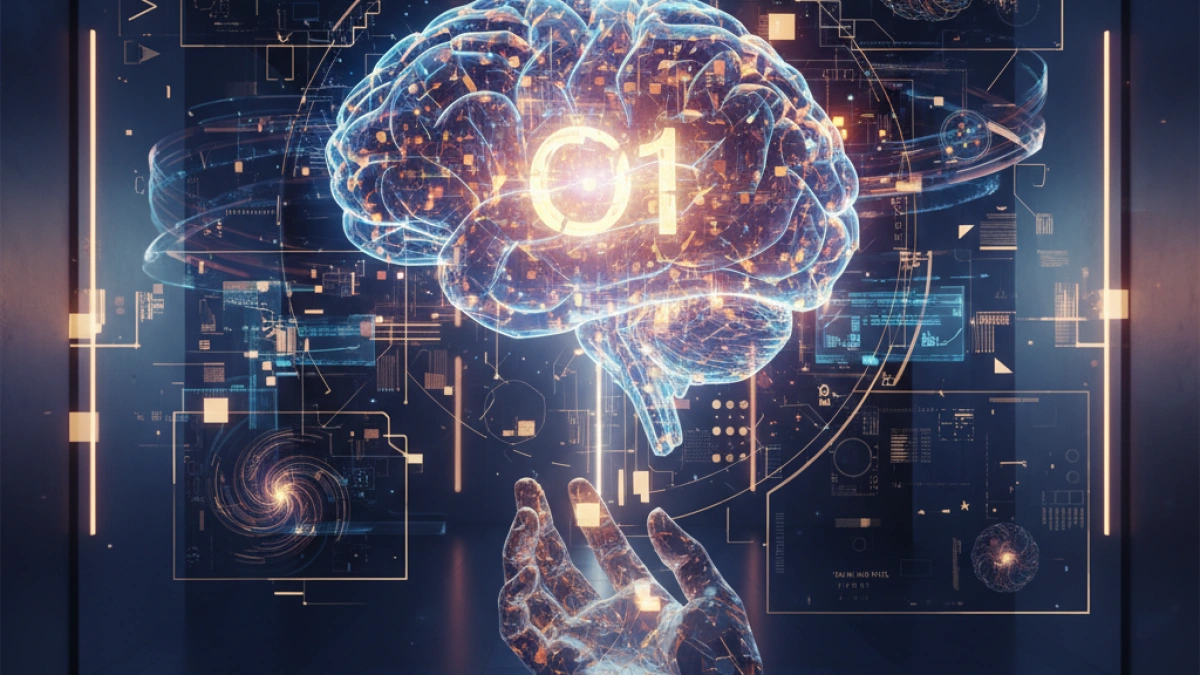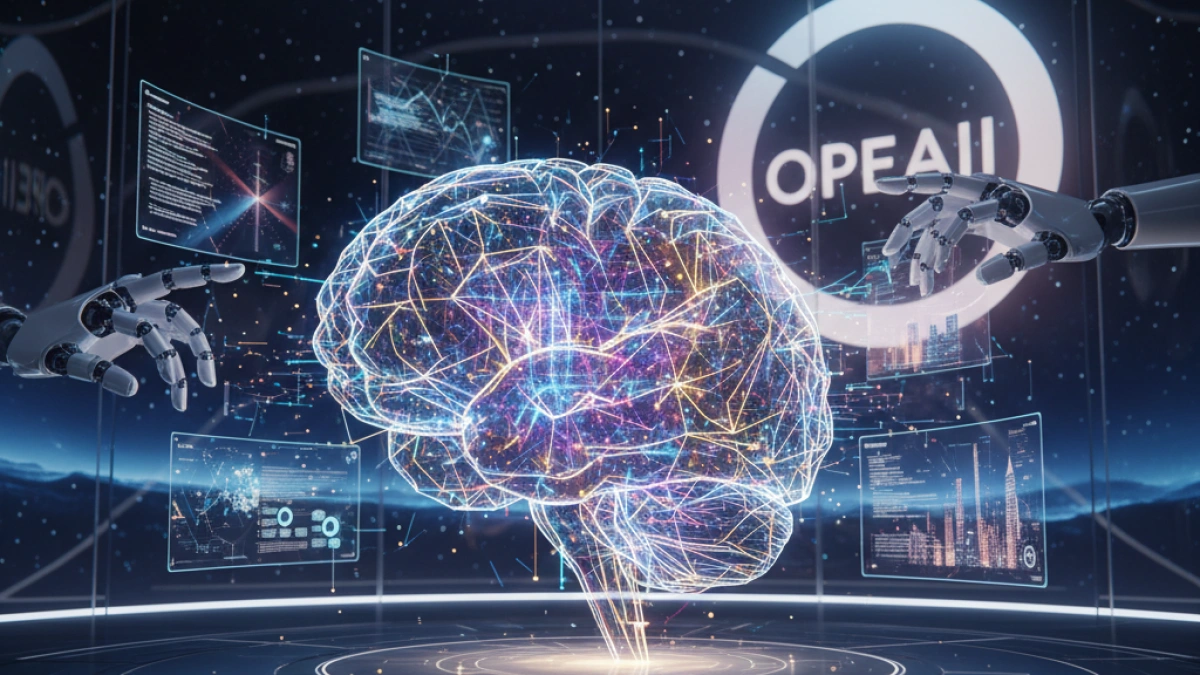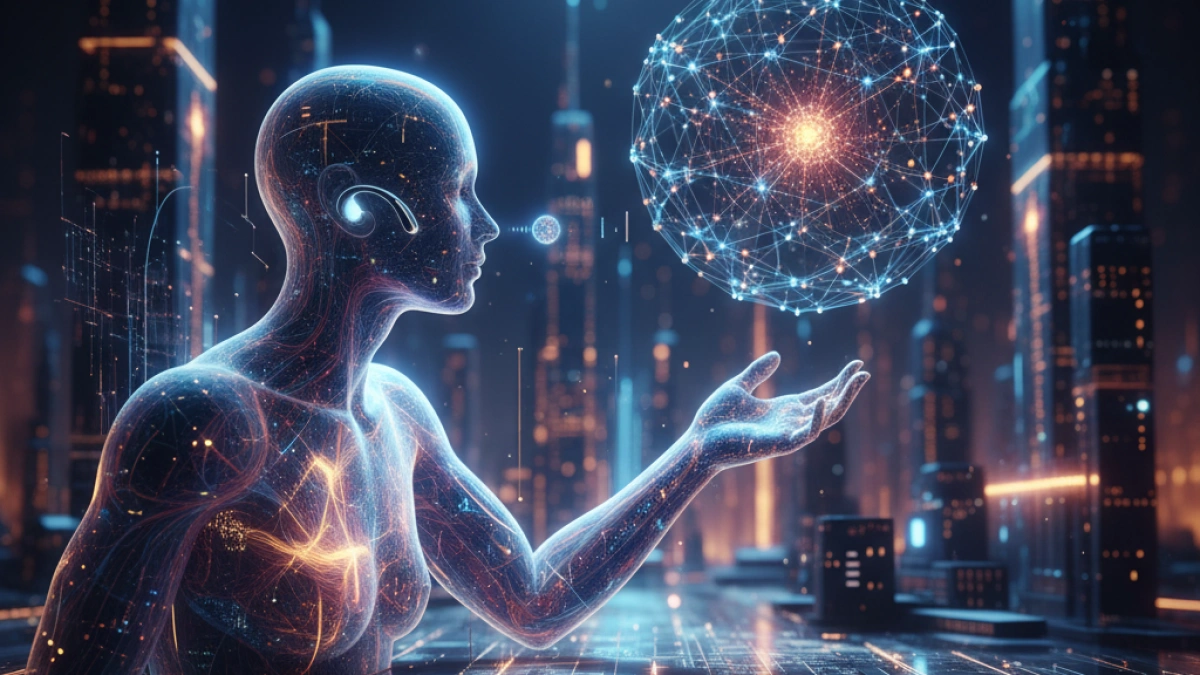How Artificial Intelligence is Revolutionizing Technology Industries

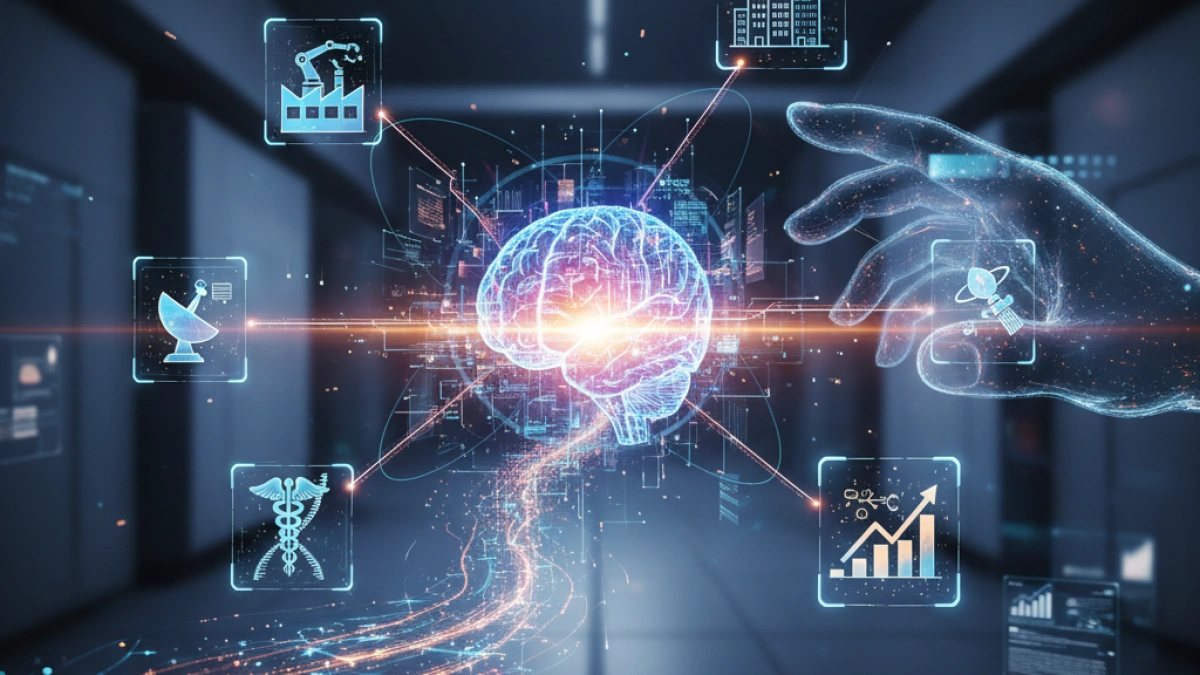
Artificial intelligence (AI) has become one of the most discussed and relevant topics in the tech field. Since its introduction, it has radically transformed various industries, improving efficiency, reducing costs, and creating new business opportunities. In this article, we will explore how AI is revolutionizing technology industries, its most notable applications, and the future that lies ahead.
What is Artificial Intelligence?
Artificial intelligence is a field of computer science focused on creating systems capable of performing tasks that normally require human intelligence. These tasks include voice recognition, decision-making, language translation, and visual perception. There are various branches of AI, including:
Machine Learning
Machine learning is a sub-discipline of AI that allows systems to learn and improve from experience without being explicitly programmed. It utilizes algorithms that analyze data and make predictions or decisions based on patterns.
Natural Language Processing
Natural language processing (NLP) enables machines to understand, interpret, and generate human language. This has applications in virtual assistants, chatbots, and automatic translation.
Computer Vision
Computer vision is another sub-discipline that allows machines to interpret and understand images and videos. It is used in various applications, from facial recognition to object detection.
Applications of Artificial Intelligence in Technology Industries
AI is applied in multiple sectors, improving the way businesses operate and offering new solutions. Below are some of the most relevant applications in different technology industries.
1. Software Industry
In the software industry, AI has transformed the development and implementation of applications. AI-based tools can analyze code, detect errors, and suggest corrections. This not only reduces development costs but also accelerates time to market.
Read also
Notable Examples
- GitHub Copilot: This AI tool helps developers write code more quickly by suggesting lines of code based on their input.
- Automated Testing: Software testing platforms leverage AI to identify errors in code and optimize the testing process.
2. E-Commerce
E-commerce has experienced explosive growth, and AI has played a crucial role in this expansion. AI-driven recommendation algorithms analyze user purchasing behavior and suggest products that may interest them.
Notable Examples
- Personalized Recommendations: Companies like Amazon and Netflix utilize AI to offer personalized recommendations, enhancing customer experience and increasing sales.
- Automated Customer Support: AI-based chatbots enable companies to provide 24/7 customer support, improving customer satisfaction and reducing wait times.
3. Cybersecurity
AI is essential in the field of cybersecurity. AI systems can analyze large volumes of data in real-time to identify behavioral patterns that may indicate a security threat.
Notable Examples
- Intrusion Detection: Tools that use machine learning to identify anomalous behaviors in corporate networks, allowing for a swift response to potential attacks.
- Malware Analysis: AI systems can analyze malicious software more efficiently, enhancing companies' capabilities to defend against threats.
4. Finance
The financial industry has adopted AI in various ways, from risk management to investment analysis. AI algorithms analyze financial data to forecast market trends and make informed decisions.
Notable Examples
- Algorithmic Trading: Trading platforms use AI to execute trades more quickly based on historical patterns.
- Risk Analysis: Financial institutions use AI to assess clients' risk profiles and detect fraud.
The Future of Artificial Intelligence in Technology Industries
As technology advances, AI will continue to play a crucial role in developing new solutions and processes. Some future trends include:
1. Deeper Integration of AI
Companies will start to integrate AI into all aspects of their operations, from human resources management to logistics and supply chains.
2. Increased Automation
AI-driven automation will become more common, allowing businesses to cut costs and increase operational efficiency. This will also bring about discussions regarding the future of employment.
3. Improved Data Processing
AI's ability to analyze large volumes of data will continue to improve, enabling companies to make more informed, data-driven decisions.
Conclusion
Artificial intelligence is revolutionizing technology industries in ways that until recently seemed impossible. From enhancing operational efficiency to transforming the way we interact with technology, AI has become an essential component for business success. As we continue to advance, it is crucial to stay informed about these innovations and how they can benefit our organizations and, ultimately, our daily lives.
AI-driven innovation is here to stay, and companies that adapt to and embrace these technologies will be better positioned to face future challenges.

